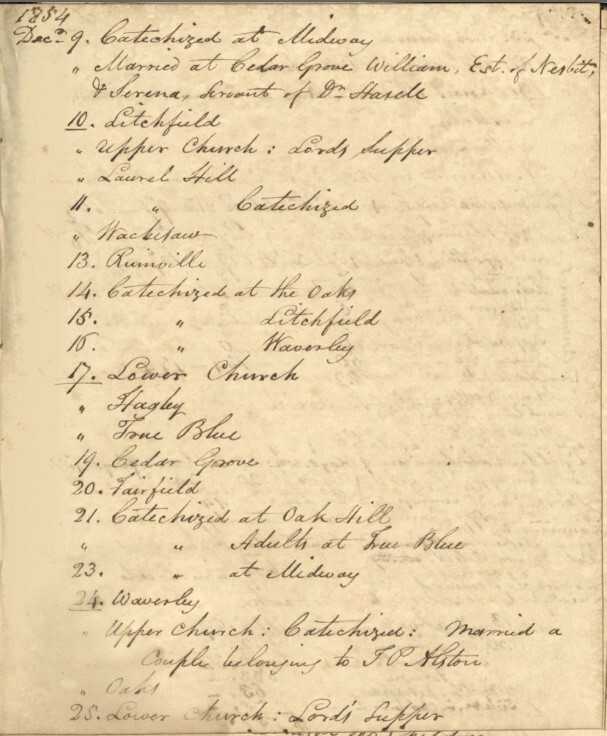Chapter 5
Making a Way
African Americans fought slavery and inequality in ways large and small, from open rebellion to subtle acts of resistance. Using connections—family, neighbors, worship services, and formal political conventions—African Americans shared news, created networks, and developed strategies for “making a way out of no way.” State and local governments responded with “black codes” and “slave codes,” race-based laws that attempted to restrict Black lives. African American persistence and grassroots organizing still serve as a model for social activists today.

A slave, being property, has not the legal capacity to make a contract. . . . Consequently the relation of 'man and wife' cannot exist among slaves.
North Carolina Supreme Court, 1858
Alabama | |
California | |
Georgia |

We called it and we considered it true marriage, although we knew well that marriage was not permitted to the slaves as a sacred right of the loving heart.
Thomas Jones, 1857
To Visit Your Husband
Pass for free woman Harriet Lawson to visit her husband, 1832
The Back of Lawson’s Pass
Harriet Lawson carried this pass to visit her husband, Caleb, at work in a nearby town. As free Black people, the Lawsons could legally marry, but Maryland placed limits on their liberty. If they traveled without a pass, they could be fined $20 or sold into slavery.
Maryland, Frederick County, to wit
On this 21st day of May 1832 before me the subscriber a Justice of the peace in and for said county appears Davis Richardson and makes oath on the holy Evangely of Almighty God, that Harriet Lawson, formerly Harriet Scoggins, the negro woman now in my presence is a free born to the best of his Knowledge.
Sworn before George Rice / D. Richardson, affd't, filed May 22nd 1832
Black, 29 yrs of age five feet high, has a mole on the right side of her right eye, has no other perceptible mark
pass to be made out & del'd to Caleb Lawson, her husband
Fred'k Schley
Reverend Glennie’s “Marriage of Negroes,” 1830
Brass Ring Used at the "Marriage of Negroes," 1830s
Rev. Alexander Glennie’s Journal
Over 400 enslaved African Americans temporarily wore this expandable brass wedding ring. Rev. Alexander Glennie informally married them in South Carolina’s All Saints Episcopal Parish. After the service, he removed the ring. Baptized into the faith and equal in the eyes of God, enslaved men and women could not be officially married because the law defined them as property.
